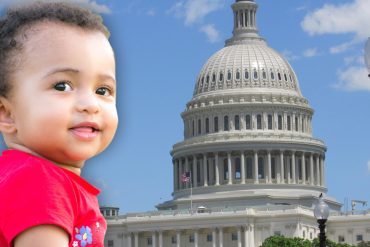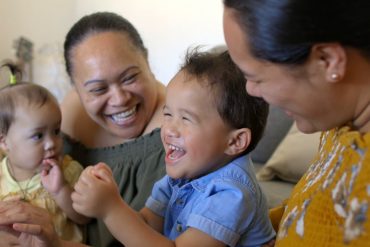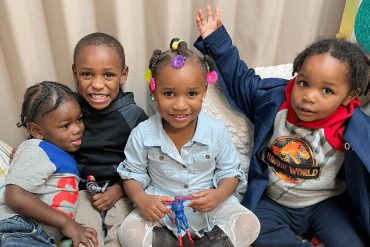While there is much to celebrate about the Inflation Reduction Act, one group was left on the outside looking in: parents with young children.
A former editor of mine, while editing a policy-heavy story that needed more depth, lamented the demise of beat reporting....
Children and the people who love them endured a lot in 2020 and 2021. This was one of the most trying times in human history, and NPR education correspondent Kamenetz eloquently and humanely depicts the panic that reigned in every household, office, court and classroom.
Free school meals were a godsend for Lynnea Hawkins long before the pandemic. Her son was living with his father...
Beloved singer, songwriter, and science funder Dolly Parton endured a hardscrabble upbringing in the mountains of East Tennessee before becoming...
In 1996, the United States overhauled its approach to helping poor families using a commonsense-sounding yet untested idea: the notion...
Essential Labor is both a memoir and a call to action. The caregiving crisis the US finds itself in now will outlast the pandemic and we must figure out ways to care for each other.
The Pandemic Disrupted Gender Equity at Home. Will It Last?
New Data Explored at Better Life Lab at New America Symposium
Before the pandemic began in March 2020, Melissa and Richard Head would have said they evenly split the child care...
Erikson Institute’s New, Fully Funded Master’s Program for Educators of Color in Chicago
Applications Due April 21 for Educator Impact Grants
Erikson Institute’s new Master of Science in Early Childhood Education (MSECE) licensure program is designed to prepare teachers to teach...
The request might not show up on any baby-shower wish list, but the gift practically every new parent wants most...
Hospitality. Housing. Hope: Three resources every person dealing with homelessness needs—and they’re in especially short supply for women. For women...
Because we can’t take our Early Learning Nation Studio on the road during this time, stay tuned as ELN recaps...














